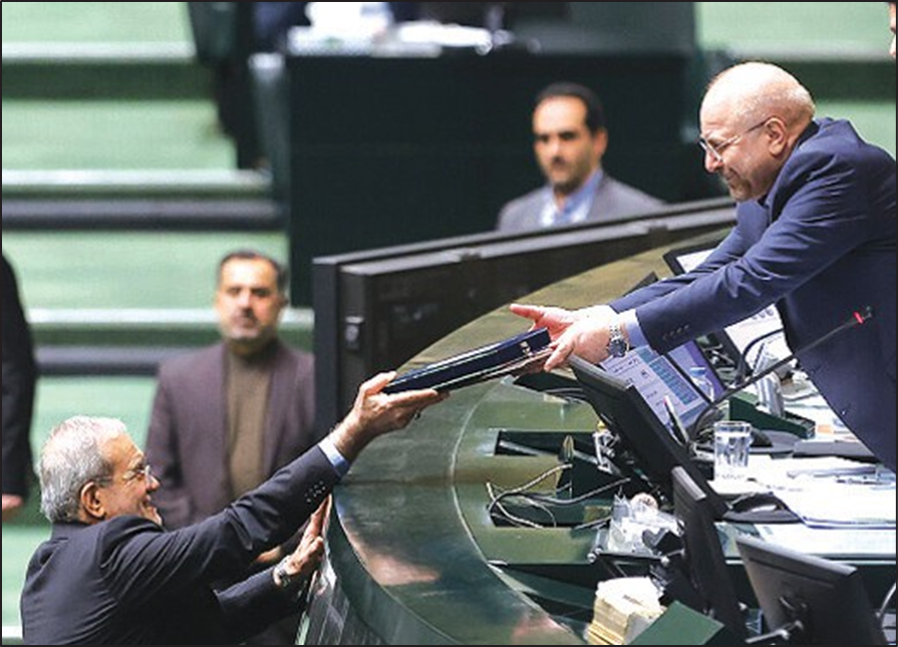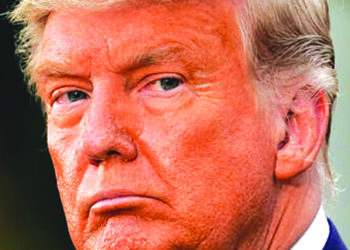for the huge scale of the post-election protests in 2009, saying their inept reporting only fed suspicion of electoral fraud and ballot-box stuffing.
The New York-based International Campaign for Human Rights in Iran (ICHRI) said Saturday that it had obtained a copy of the report drafted by an office within Islamic Republic of Iran Broadcasting (IRIB), which controls all radio and television in Iran.
The report concludes that public distrust of the announced election results was largely prompted by mishandling of reports on the vote count, and the failure to report on objections from the losing candidates.
As with many opposition and foreign critics, the IRIB internal analysis criticized state broadcasting for announcing that President Ahmadi-nejad had been re-elected only a few hours after the polls had closed when less than one-fifth of the vote had yet been reported.
The Iran Times noted at the time that the state broadcaster was acting more like an American private analyst predicting the outcome of a race based on the first results from key precincts. But a state broadcaster is in a very different position from competing broadcasters in a country without a monopoly broadcasting system.
The report says that announcing the election outcome “with such speed was almost unprecedented.” ICHRI said, “The report implicitly blames the IRIB performance during the vote count as one of the factors contributing to the widespread street protest.”
ICHRI’s executive director is Hadi Ghaemi, long active in human rights issues. Its communications director is Rudi Bakhtiar, who was formerly a CNN news anchor.
The IRIB report also charges that broadcasts focused on “celebration and jubilation” by Ahmadi-nejad supporters, displayed “complete news silence” about the reactions of the losing candidates, openly invited the public to the president’s victory party and mouthed “sharp rhetoric” against election critics. Altogether, the report said, this “was not in the state’s best interests” and served to feed “dissatisfaction.”
The report said that Iranians could watch extensive coverage of the protests on foreign-based satellite television stations while they saw nothing about protests on their own national stations, thus leading “to the perception that the IRIB’s coverage was incomplete and inaccurate.”
The reports laud the way state broadcasting handled campaign coverage, which included numerous candidate debates, but says that after the election IRIB “suffered from a sudden shift in the wrong direction and occasionally regressed.”
The report concludes that state broadcasting served up “unbearable pain and lethal hatred” that caused harm for “the country, the revolution and the regime.”



















